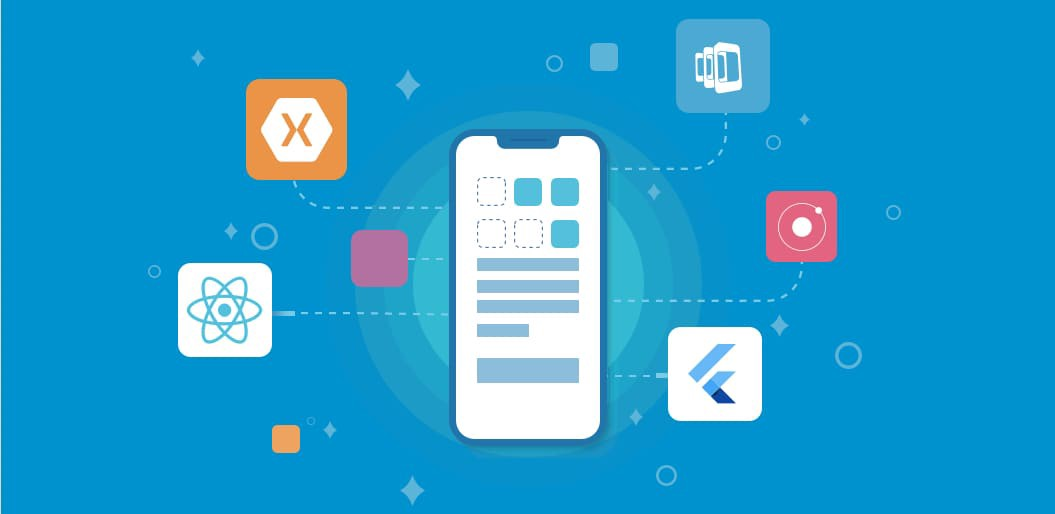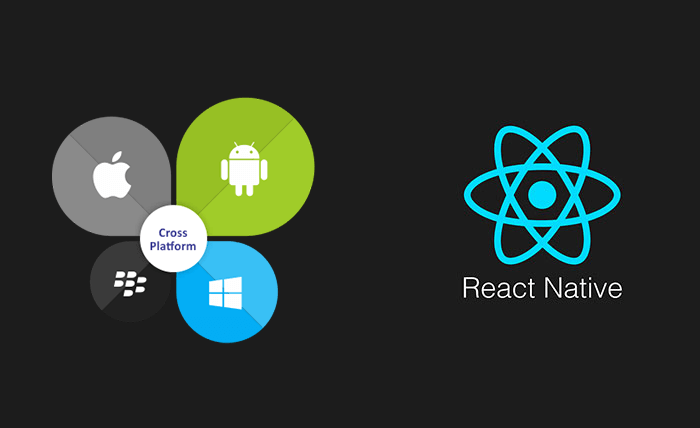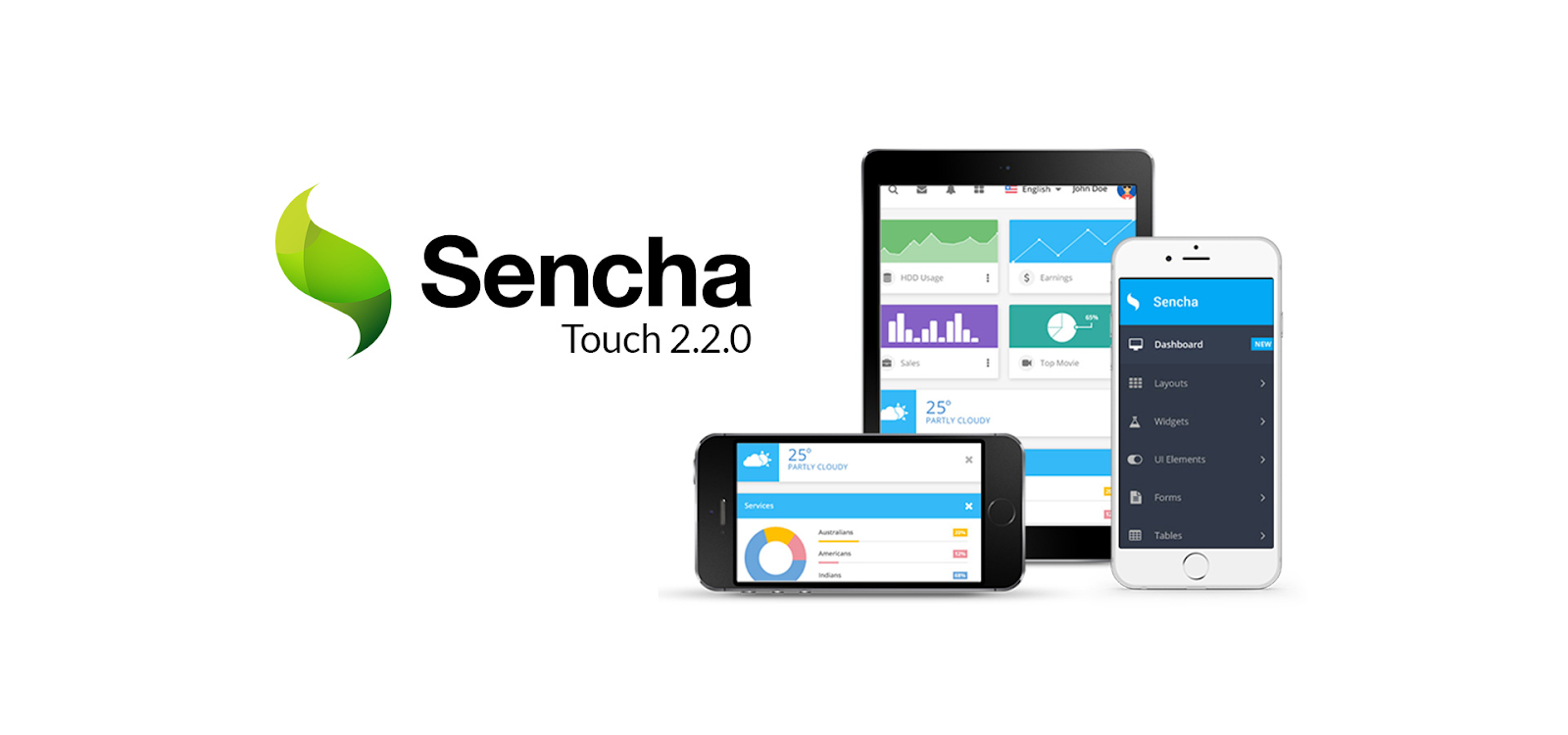
Cross-platform app development has grown to be one of the most used methods for creating mobile apps throughout time. A cross-platform or multiplatform strategy enables developers to create applications that function identically across several mobile platforms.
Numerous new tools have entered the market due to the fast-expanding cross-platform mobile development technology's increasing popularity. Choosing the solution that would best meet your requirements might be challenging given the variety of possibilities available.
Mobile developers use cross-platform mobile development frameworks to create native-looking apps for several platforms, including Android and iOS, using a single codebase. You can find such developers at the cross platform mobile app development company. The company will do it quickly and efficiently. One of the main benefits this method offers over developing native apps is the ability to share code. By not having to build code specifically for each operating system, mobile developers may speed up the development process and save time.
Popular Frameworks for Developing Cross-Platform Apps
There are a ton of different tools on the market right now, so this list of ones is by no means comprehensive. It's crucial to understand that there isn't a single tool that will work well for everyone.
Ionic

Popular cross-platform framework Ionic utilizes AngularJS. It has a lengthy history in the field of application development. With Ionic, programmers can quickly access native platform controllers using a mix of programming languages including Javascript, HTML5, CSS, and a Cordova wrapper. App developers may design distinctive and gorgeous user interfaces and user-experience features for their apps with this cross-platform tool.
PhoneGap by Adobe

PhoneGap is a version of the Cordova framework that is supported by Adobe. Because of its simplicity of use, this open-source mobile application development framework is often recognized as the finest and most widely used tool for hybrid solutions.
The program enables the creation of applications in HTML5, CSS3, and JavaScript. Developers may add additional features and access device functions, like the camera, microphone, accelerometer, compass, file system, and more, thanks to the native plugins and containers it offers for each mobile platform. Apps are built and then executed on the suitable platform in a WebView browser within a native container.
React Native

With React Native, users may utilize a JavaScript framework to create real code. The tool is well-liked by businesses committed to creating great app solutions. React Native is a user-friendly framework for beginners and has a large community around it because of the fact that it is an open-source technology.
Furthermore, React Native combines JavaScript and React.JS and enables programmers to build modules in Objective-C, Swift, or Java. Developers may now use native modules and libraries in React Native in addition to programming capabilities to carry out complicated operations like video processing, picture editing, and other activities.
Sencha

Sencha is the market leader in enterprise-grade application development because its thorough platform enables teams to concentrate on creating apps rather than frameworks. Because of the tool's foundation in contemporary web technologies like ES6, HTML5, JavaScript, and CSS, programmers may create cross-platform web and mobile apps that are data-intensive.
Read more: https://www.dewais.com/
The service, which was formerly known as Sencha Touch, is no longer maintained and has been combined with Ext JS to become Sencha Ext JS. It provides a selection of tools and themes that boost output and make optimization, deployment, design, theming, and debugging easier.
Flutter

Flutter The tool makes it easier to create programs for Windows, Linux, Mac OS X, Fuchsia, iOS, and Android using a single codebase.
Flutter has made significant progress in the industry for mobile app development despite being one of the modern cross-platform solutions. The fact that Flutter has a built-in graphics engine makes it special. This implies that using Flutter eliminates the difficulty of developing unique user interfaces for iOS and Android devices.
Conclusion
To stay competitive, the majority of businesses now develop mobile versions of their websites. The best option for organizations is cross-platform development since it enables them to quickly produce dependable programs that are compatible with all client devices.







/cdn.vox-cdn.com/uploads/chorus_asset/file/9605339/fellowshipofthering.jpg)







